A Catholic sister’s eye-opening experience in a Catholic Extension Society prison ministry program helped her advocate for a powerful new restorative justice law in North Dakota.
Sister Kathleen Atkinson is a Benedictine Sister from Annunciation Monastery in the Diocese of Bismarck. She is the founder and director of Ministry on the Margins, a volunteer-based organization that provides recently incarcerated people with compassionate guidance and the tools to reenter society.
Along with a food pantry, street outreach, and emergency sheltering, the ministry is involved with spiritual groups in state penitentiaries and support groups.
But it was another experience that cemented Sister Kathleen’s staunch belief in the power of restorative justice.
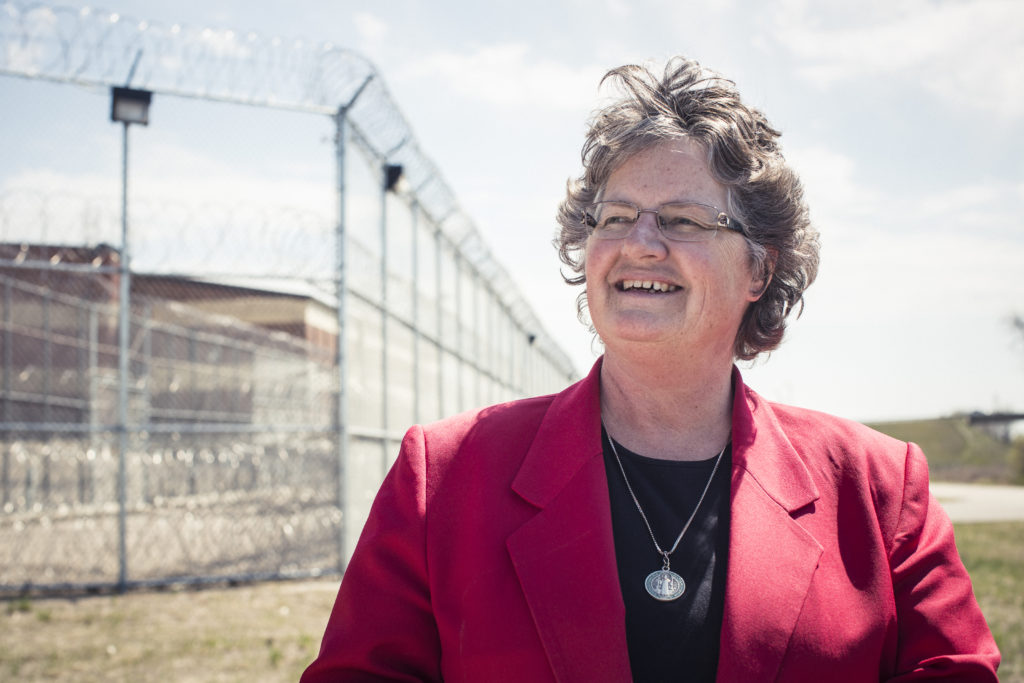
She had recently participated in Catholic Extension Society’s Restorative Justice Ministry Certification program.
What she learned helped her expand her own prison ministry in the Diocese of Bismarck. It also served as the foundation for her testimony in favor of the bill.
What is restorative justice?
Restorative justice is an approach to the justice system founded in Christian values. It views crime as an action that causes harm to people, relationships and the community. This method seeks to repair that damage through reconciliation. Restorative justice professionals help criminal offenders make amends with the people they have hurt.
In 2018, Sister Kathleen was invited to participate in the Restorative Justice Ministry Certification program at Loyola University Chicago’s Institute of Pastoral Studies, funded by Catholic Extension Society. This immersive program teaches the participants how to expand or create restorative justice prison ministries.
Sister Kathleen received theological and legal training; she learned from mental health professionals and on-the-ground organizations who work to lift up the mind, body and spirit of incarcerated individuals, their families and victims of crimes.
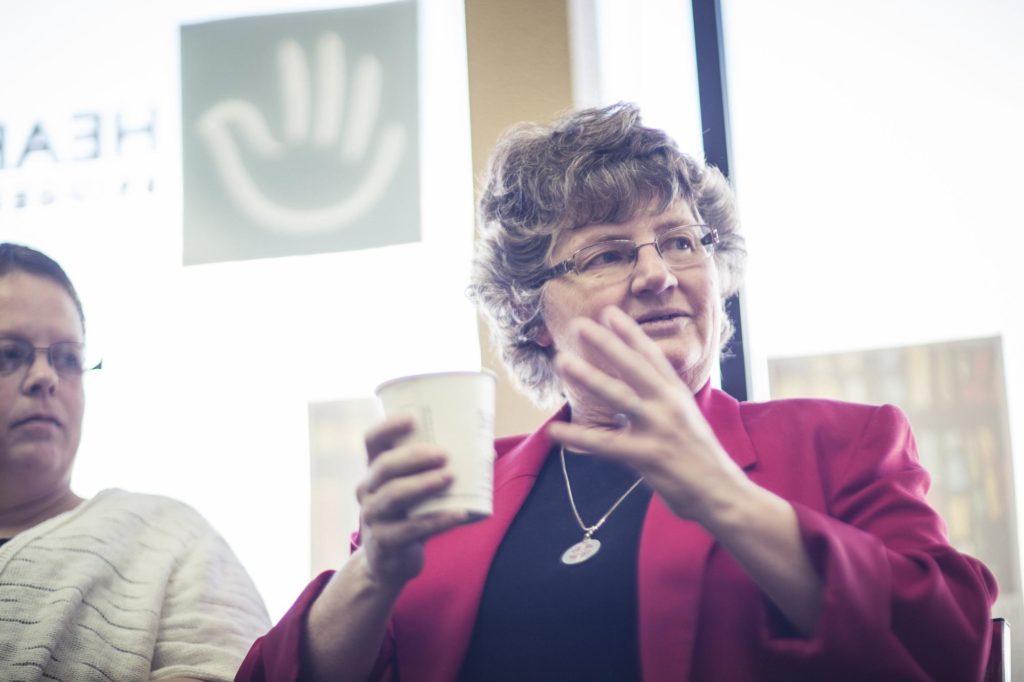
Upon returning to North Dakota, she used her new training and experiences to bolster the impact of Ministry on the Margins. She added support groups for people reentering society after prison, and partnered with Free Through Recovery, a state-sponsored community health program that helps people on probation or parole with behavioral health problems.
She also encouraged Catholic parishes and schools to volunteer and engage in service projects with the ministry.
Training informs restorative justice testimony
In 2021, North Dakota House Bill 1393 was introduced by a bipartisan team of sponsors. The bill sought to amend a section of the state law. This section lists the different sentencing options for individuals convicted of crimes.
Previously, the possibilities only included payment, probation, imprisonment, or addiction treatment programs.
House Bill 1393 proposed adding restorative justice as a sentencing option for criminal offenders.
Well known for her prison ministry—the only one of its kind in North Dakota—Sister Kathleen was invited to testify before the North Dakota House and Senate judiciary committees in favor of the bill.
She shared how she spent time at a county jail, listening to staff and inmates describe how restorative justice changed the mission of the justice system from punishment to healing.

She also recounted her time spent in court observing a judge and defendants participating in restorative justice “sentencing circles.” This is a process in which the offender, victim, and related family or community members meet to share their perspectives and feelings about the crime.
She said,
They spoke about crime as a violation of people and relationships rather than breaking a law. They focused on putting things right—restoration—rather than blame and punishment.”
She also spoke about meeting a member of a family who had lost a loved one in a brutal drug-induced murder by their neighbor—boys who had grown up together. The family did not want to lose a close friendship in the midst of the devastating loss of their sons: one to murder, and one to prison.
“All of these people were participating in Restorative Justice as part of their criminal justice system and this is what House Bill 1393 asks you to do—to give those involved in the sentencing of an individual one more tool to incorporate into the corrections and rehabilitation process:
“A tool that seeks to bring people back into relationship with one another and with the broader community; a tool that seeks to bring healing to the victim by including him or her in the sentencing process, not arbitrarily but face to face and eye to eye.”
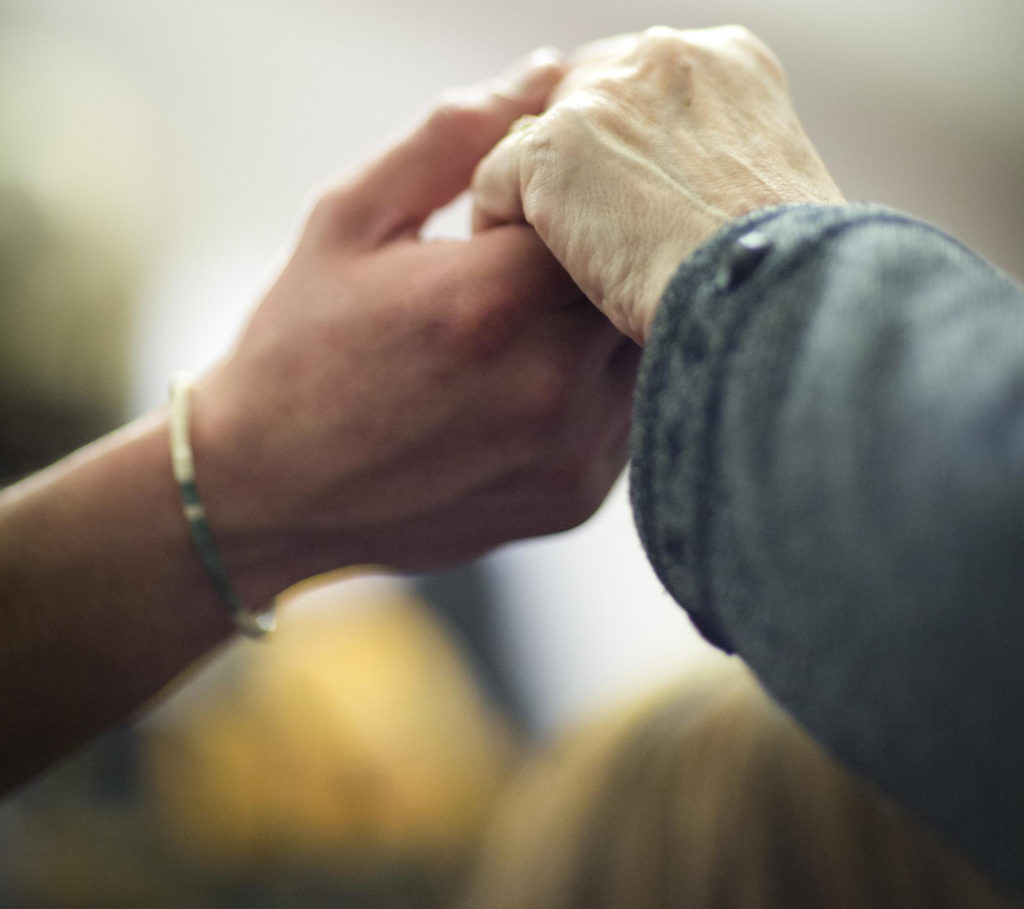
She closed with this statement:
It is about changing lives rather than doing time, and that’s hard work. I ask you to support House Bill 1393 with Restorative Justice as an addition to the sentencing alternatives available. Because people are worth it.”
The bill passed unanimously. She was invited to attend Governor Doug Burgum’s signing of the bill on April 12.
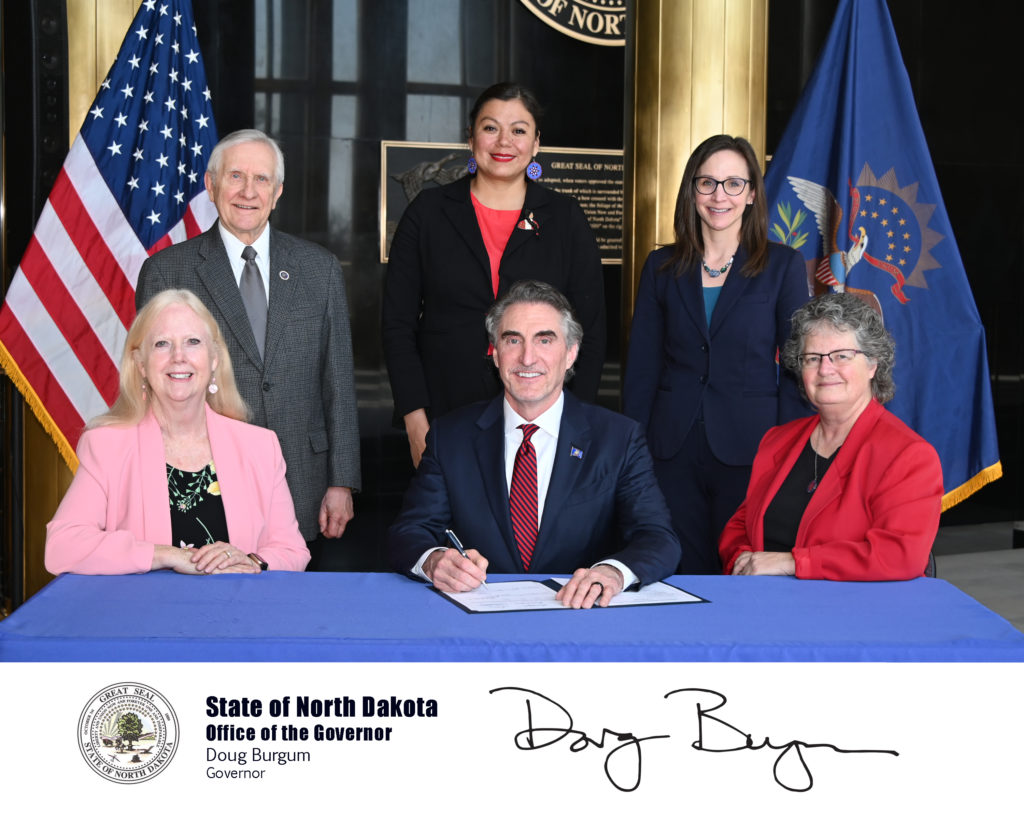
Sister Kathleen continues her transformative work with Ministry on the Margins. The impact of this ministry, especially combined with North Dakota’s new law, will help countless families in the state for years to come.
More Catholic leaders like Sister Kathleen will be attending the Restorative Justice Ministry Certification program this year through the support of donors. Since the program began in 2018, 55 faith leaders from 28 dioceses have been able to attend this transformative learning experience at Loyola University Chicago’s Institute of Pastoral Studies.
The expertise and skills they learned help them advocate for and build up restorative justice programs across the country.
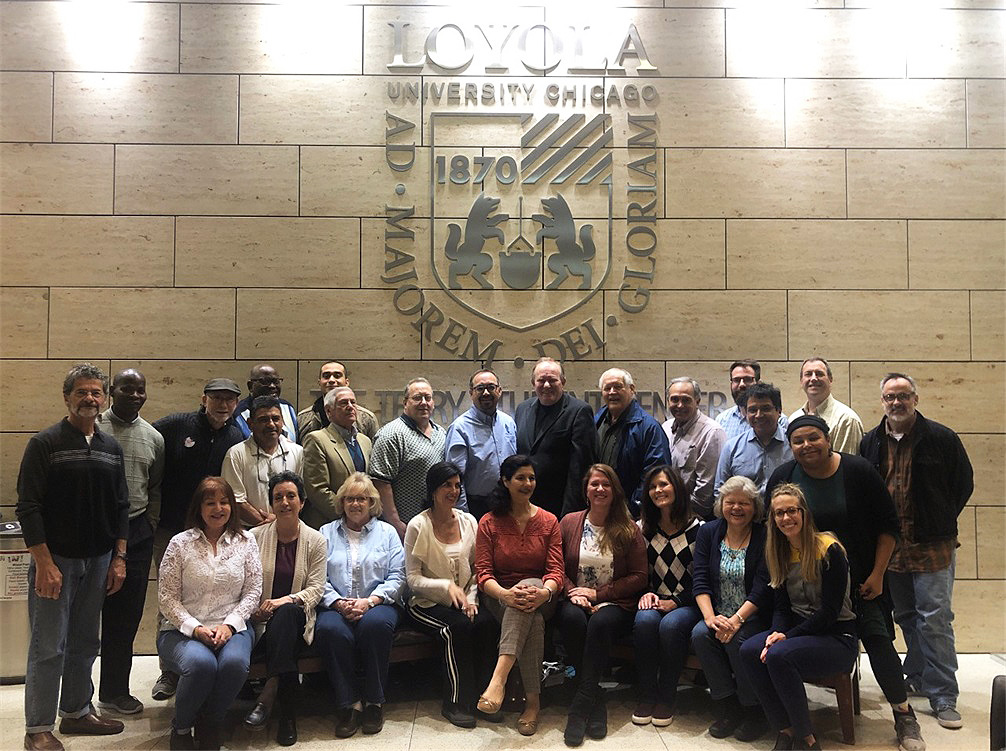
This program is only one of the many ways that Catholic Extension Society helps incarcerated men and women, their families and the community.
Through the generosity of our donors, Catholic Extension Society currently supports prison ministries in 13 dioceses.
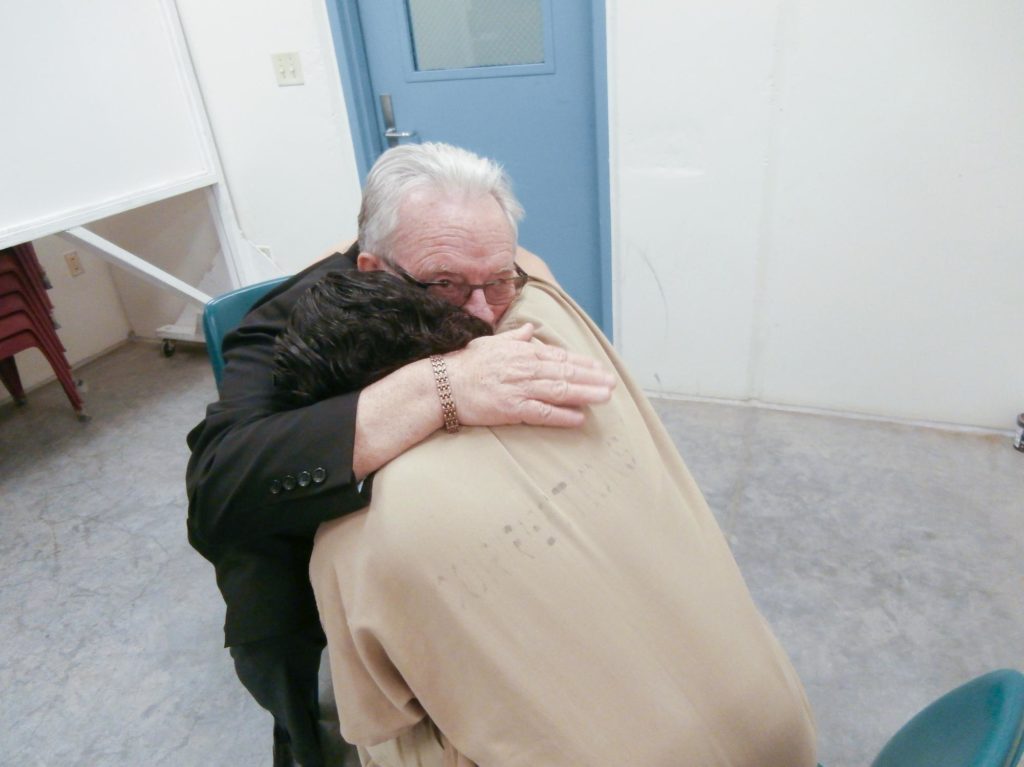
These ministries enable Catholic leaders such as Sister Kathleen to bring the message of Christ to incarcerated people.
Please consider supporting our mission to help us strengthen prison ministries.


